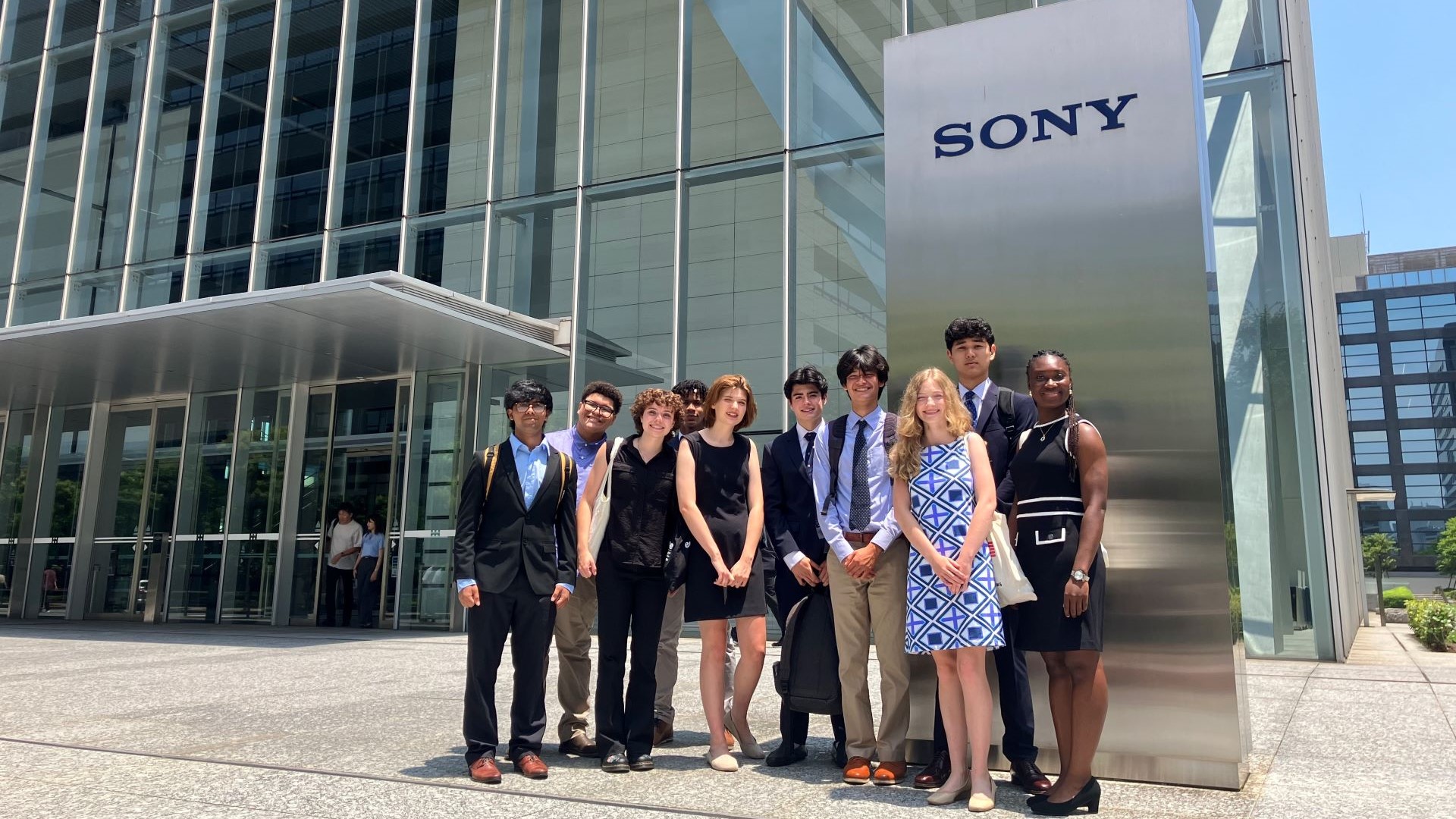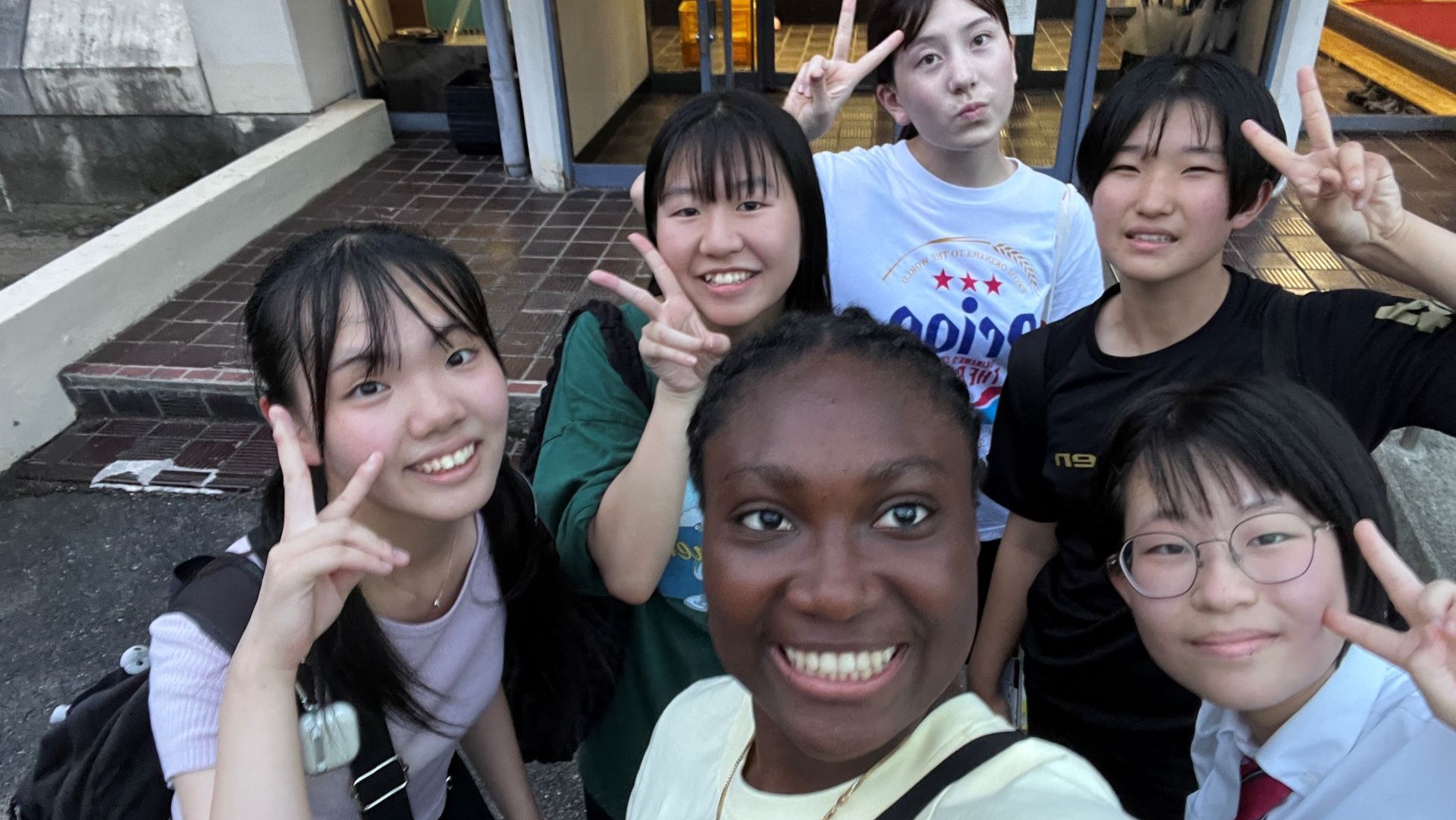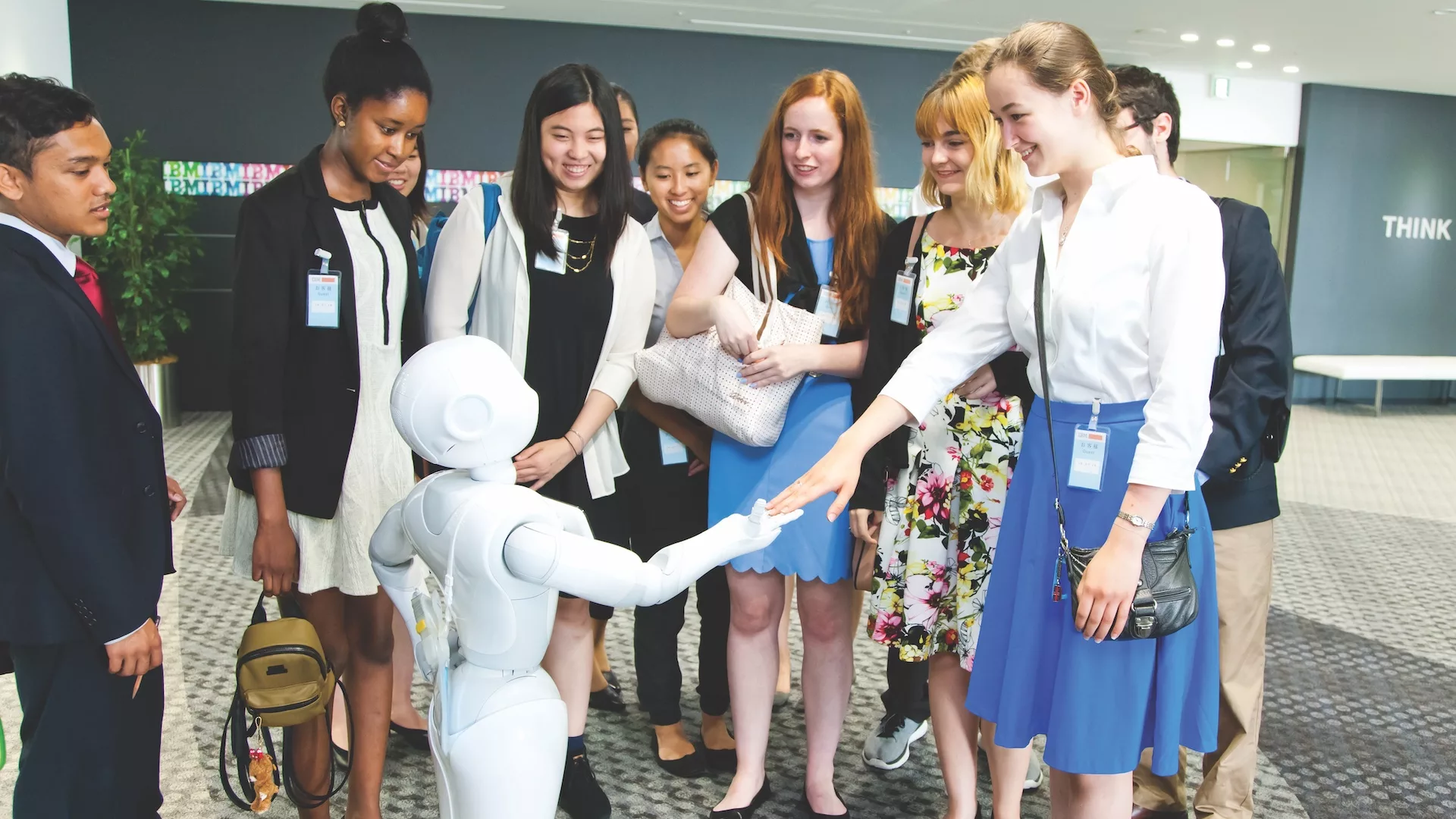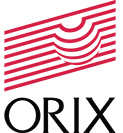Junior Fellows Leadership Program
Junior Fellows Leadership Program
Junior Fellows Leadership Program
Application Deadline Extended to Friday, February 28, 2025.
The Junior Fellows Leadership Program is a culturally immersive learning experience for high school students who possess the potential for strong leadership and demonstrate the skills necessary to be future leaders. During this program conducted in New York and Japan, Junior Fellows have the opportunity to build networks with current industry leaders and program alumni, stay with a host family, participate in activities at a local school and experience Japanese history and culture through hands-on experiences and historical site visits.
For more information, contact the Education Department at Japan Society at (212) 715-1275/1216 or at [email protected].
Application Deadline (postmarked): Friday, February 28, 2025
Application Materials Detailed Program Information and Application Instructions (PDF) →
Application (PDF) →
Recommendation Letter (PDF) →
Application Checklist (PDF) →
Program Flyer (PDF) →
Click to Learn More
Application Process | Program Highlights | FAQs
Program Schedule (Tentative)*February 28 : Application deadline (postmarked) April 5 (tentative): Group interviews May 17 (tentative): Program orientation at Japan Society, New York July 1—2: Pre-departure orientation at Japan Society, New York July 3—4: Departure for and arrival in Japan July 4—16: In-country program July 16: Return to the U.S. August 21: Post-program Presentation & Networking Reception |  |

Program Schedule (Tentative)*February 28: Application deadline (postmarked) April 5 (tentative): Group interviews May 18 (tentative): Program orientation at Japan Society, New York July 1—2: Pre-departure orientation at Japan Society, New York July 3—4: Departure for and arrival in Japan July 4—16: In-country program July 16: Return to the U.S. August 21: Post-program Presentation & Networking Reception |
* Program contents and dates subject to change.
“My time with the Junior Fellows Program allowed me to see the world from a completely different perspective and has allowed me to gain a far more mature understanding of Japanese culture, business, and society than I would have ever imagined. It was an experience that has truly changed my life for the better and I will never forget it!”
—Participant from Demarest, NJ
Program Highlights

Leader Meetings & Lunch Reception
Junior Fellows will meet with current leaders and professionals from various fields through company visits, individual meetings and a post-program reception. Previous Junior Fellows have had the opportunity to speak with senior business executives, government representatives, media personalities, entrepreneurs, ranking UN policy advisors, leading photojournalists, architects, artists, educators and nonprofit executives.
Homestay & School Experience
Fellows will experience Japanese life through a homestay with a local host family. Fellows will attend a local high school and participate in various activities as they complete their team research projects. Program leaders will facilitate programs that allow the Junior Fellows to gain a better understanding of local cuisine, traditions and history.
Team Research Project
Prior to departure, Junior Fellows will conduct research in teams on a topic based on one of the United Nations’ Sustainable Development Goals (SDGs). Each team will select a topic from the SDGs and develop a survey related to the topic. Fellows will administer their surveys in the U.S. and Japan for a comparative study of the two countries. During their homestay, Fellows will continue to study, discuss and further explore their topic through personal engagement with the local community.
Post-Program Reception & Project Presentation
After their return to the U.S., Fellows will present their research projects to leaders and their cohort at the post-program reception in August. Upon returning to school, Fellows are also encouraged to share their experiences and projects on-campus, as well as create an online exhibition about the town and school in which they stayed.
Junior Fellows Alumni Association (JFAA)
Throughout the program, Junior Fellows will meet with program alumni. As mentors, alumni will share tips on how to successfully complete the program and how to make the most out of their experience. Alumni also discuss their post-program experiences with the college selection process, finding internships and career planning. After completion of the program, all Junior Fellows will actively participate in Japan Society programs and continue to expand their network and develop their leadership skills as members of the JFAA.
Application Process

Guidelines for Application
All application packets must include the following documents:
- Completed application form
- Two (2) signed letters of recommendation (at least one from a teacher or faculty member at the student’s school)
- Copy of school transcript
- Two (2) short responses to the following questions (500-word
limit for each question):
- 1. How are you qualified to participate in the Junior Fellows Leadership Program?
- 2. How will this program help you to achieve your career goals?
- Application checklist
Application & Selection Timeline (Tentative)
Application Deadline (postmarked): Friday, February 14 (Friday), 2025
Announcement of first selection: Mid-March
Group Interviews with Finalists (invitation only): Saturday, April 5, 2025
Announcement of 2025 Junior Fellow participants: Mid-April
Qualifications
- U.S. high school students from 9th to 11th grade are eligible to apply.
- All participants must be fully immunized against COVID-19 for safe international travel.
- Junior Fellows will be selected based on demonstrated leadership potential and skills, as well as the qualities necessary to have a successful and engaging experience with other program participants, including (but not limited to): ability to adapt to a foreign culture, emotional and interpersonal maturity, strong academic background and a demonstrated interest in Japan.
- Knowledge of Japanese language is helpful, but not required.
- Priority is given to students from the New York Metropolitan Area (NY, NJ, CT).
Mailing Address
Attn: Junior Fellows Program
Japan Society
333 East 47th Street
New York, NY 10017
FAQs
All applications must be postmarked by Friday, February 14, 2025.
U.S. high school students from 9th to 11th grade are eligible to apply. For a full list of qualifications, please see above under Application Process.
Tuition for the Junior Fellows Leadership Program is $3,500. The program is made possible by the generous underwriting of Japan Society donors and supporters. Tuition offsets the partial cost of the two-week program: orientation and arrangements, all international and domestic travel, meals and accommodations as well as all admissions during study trips and retreat. Fellows are responsible for additional expenses, such as pocket money and additional meals/snacks that are not taken with host families or program staff.
Japan Society offers need-based financial aid to provide support for students facing financial barriers who are participating in the Junior Fellows Leadership Program. We are committed to ensuring that financial constraints do not prevent students from participating in this program.
Once you are selected as a Junior Fellow, Japan Society will work closely with you and your family to understand your family’s needs and situation so that we can provide as much financial support as possible. After your selection, you will be requested to submit official financial information such as IRS Form 1040.For more information, contact the Education Department at Japan Society at (212) 715-1275/1216 or at [email protected].
Japan Society’s 120th anniversary initiatives and related programs are generously supported by Champion Sponsor, MUFG Bank, Ltd.; Advocate Sponsor, Mizuho Americas; and Friend Sponsor, Mitsubishi Corporation (Americas).

Japan Society programs are supported by the New York State Council on the Arts with the support of the Office of the Governor and the New York State Legislature.

Education and Family Programs are generously supported by an anonymous donor; ORIX Corporation USA; Mitsubishi Corporation (Americas); public funds from the New York City Department of Cultural Affairs in partnership with the City Council; The Masako Mera and Koichi Mera, PhD Fund for Education and the Arts; The Norinchukin Foundation; an anonymous donor; and other Family and Education supporters.



The Japan Society Junior Fellows Leadership program is supported by generous grants from an anonymous family foundation and The Tokyo Club. Transportation assistance is provided by All Nippon Airways Co., Ltd.
